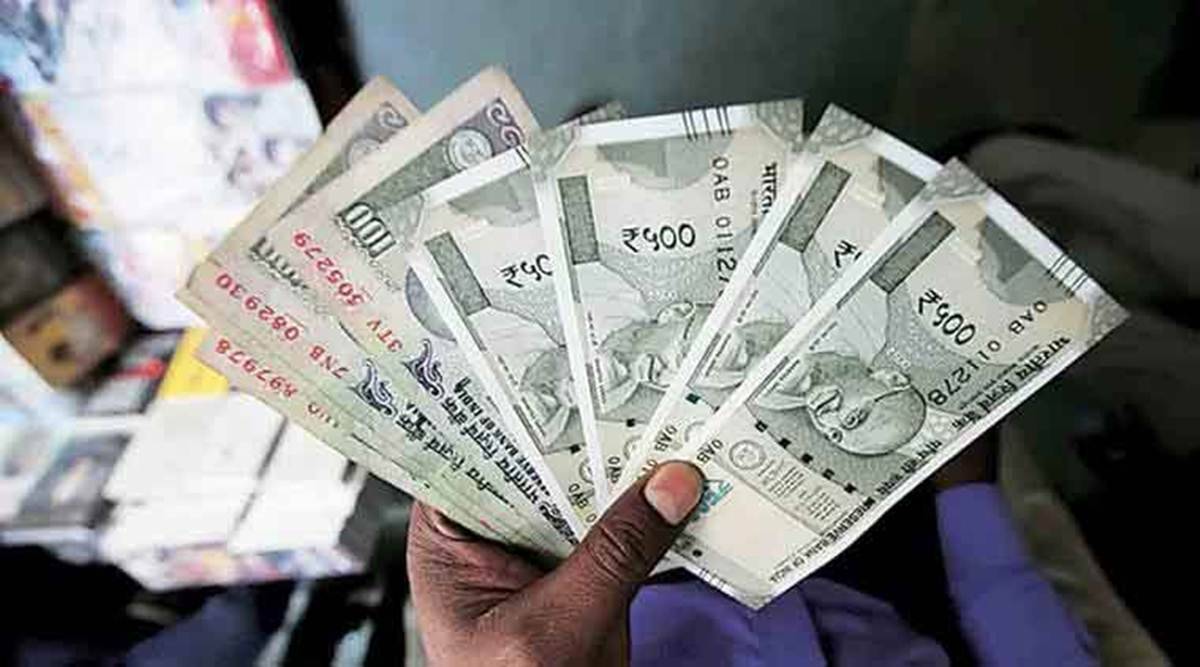 The recent amendment to the FCRA affects NGOs that are dependent on foreign contributions. (Representational Image)
The recent amendment to the FCRA affects NGOs that are dependent on foreign contributions. (Representational Image)Written by Priyanka Pathak
Bad policies should ideally become good lessons. However, not much was learnt from the decade old bumbling by the UPA-2 government to associate NGOs with political intercession and capping their administrative expenses at 50 per cent. The recent amendment to the FCRA affects NGOs that are dependent on foreign contributions. The government has argued that there is a need for regulation of the inflow and utilisation of foreign funds to ensure that they are not used to hurt national interest.
Several organisations that are dependent on funding for their research and implementation activities, including not-for-profit organisations, have contractual agreements with other institutions and agencies that are a part of this elaborate ecosystem. The fast-track enactment of the new rules has made it challenging for such organisations to adjust their tie-ups, thereby hampering the valuable backward and forward linkages.
The new rules are a follow-up on the amendments to the FCRA that were passed in the last session of Parliament. In the newly notified rules, the Centre has made an insertion on Rule Nine (obtaining registration or prior permission to receive foreign funds), making the process more cumbersome for organisations.
Even though FCRA-reliant non-profit organisations are limited in number, the foreign funds received by some big NGOs in India are used for sub-granting purposes. This way, small-ticket grants are disseminated to micro NGOs to help them overcome the challenge of submitting elaborate grant applications and comply with stringent norms. However, transfer of funds from one NGO to another is now prohibited.
The ongoing pandemic has caused joblessness among the low-skilled workers and higher levels of debt among households and micro, small and medium enterprises in several parts of the world. The two are inherently cyclical. Domestic workers and daily-wage contract workers are trapped in cycles of debt, while small business units become victims of predatory lending terms. Australia, Hong Kong and Singapore are among a large number of countries where the NGO sector is actively involved in helping individuals and small units manage their debt. The sweeping changes being introduced in India to regulate the NGO sector will hinder their ability to assist the economically fragile and vulnerable people who are most affected by the pandemic.
The administration, marketing and impact evaluation of projects on primary school education, immunisation, sanitation, and maternal health may be easier compared to those in land rights, RTI, gender equality, and deforestation. The new rules tilt the balance of incentives in favour of selected areas and at the cost of other priority areas. The bolts on administrative expenses have been tightened more and brought down to 20 per cent.
The intention of this change is to ensure that resources are diverted towards productive public welfare activities. However, the low-cost, motivated mobile workforce of NGOs and their ability to work effectively in disconnected and neglected areas are the hallmark of development work, which would get severely affected by this move.
The new rules state that “any organisation seeking registration under the FCRA must have operated for at least three years” and it should have spent “a minimum amount of Rs 5 lakh on its core activities for the benefit of society during the last three years”. While on the one hand political parties in India can access funds from abroad through electoral bonds, the rules for NGOs seeking foreign funding have been further tightened.
The role of NGOs, which was hailed by the Prime Minister during summer this year, is paramount in battling the COVID-19 pandemic and providing critical support to our fragile healthcare system. The Draft Companies (Corporate Social Responsibility) Amendment Rules, 2020 that was released earlier this year could hurt the non-profit sector even more. According to the draft, registered societies and trusts would become ineligible to receive funds earmarked under CSR.
“Non-governmental” efforts and funding should also be seen in light of cumulative and ineffective government action and lack of incentives for the private sector to get involved. Hypothetically, if safeguarding human rights and preserving gender equality could be transacted in the market, societies would reach the desired socio-economic equilibrium fairly quickly. While some non-profit organisations may have vested interests that are divergent from public welfare, several non-profit organisations are the essential third-wheel in public policy and welfare in a participative democracy.
Pathak is PhD Scholar at Jawaharlal Nehru University and Bharadwaj works at O.P. Jindal Global University. Views are personal